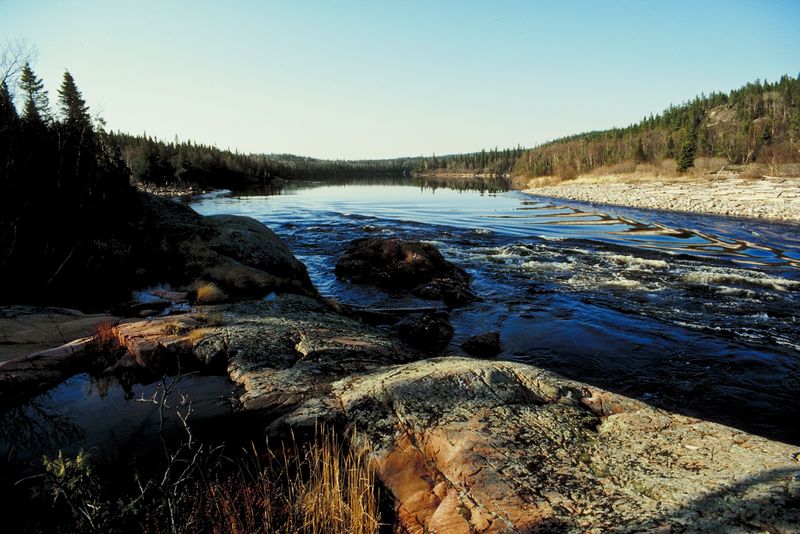
Jewish tradition teaches us to care for our planet in order to preserve that which God has created. Psalm 24 notes, "The earth is the Eternal's and the fullness thereof," a dramatic assertion of God's ownership of the land. It follows, then, that any act that damages our earth is an offense against the property of God. The Jewish concept of bal tashchit, "do not destroy," forbids needless destruction.
Judaism emphasizes our need to preserve our natural resources and generate new ones for future generations. The Talmud tells the story of the sage Choni, who was walking along a road when he saw a man planting a carob tree. Choni asked, "How long will it take for this tree to bear fruit?" "Seventy years," the man replied. Choni then asked, "Are you so healthy that you expect to live that length of time and eat its fruit?" The man answered, "I found a fruitful world because my ancestors planted it for me. Likewise, I am planting for my children." In fact, tradition values this concept so much that the rabbis teach that if a man is planting a tree and the messiah appears, he should finish planting the tree before going to greet him (Avot d'Rebbe Natan 31b).
We are encouraged l'vadah ul'shamrah, "to till and to tend," to become the Earth's stewards. In Isaiah 41:17-18, God promises, "I, the God of Israel, will not forsake them. I will open rivers in high places and fountains in the midst of valleys; I will make the wilderness a pool of water and the dry land springs of water." In other words, we were given our planet as a loan from God, and we should work to preserve it.
Climate Change
Among the many issues facing our planet, climate change poses a huge challenge to resource development and even daily habits. Addressing climate changerequires us to learn how to live within the ecological limits of the earth so that we will not compromise the ecological or economic security of those who come after us.
The Torah commands, "Justice, justice shall you pursue" (Deuteronomy 16:20), and thus, our energy policy must also be equitable and just - and the countries most responsible for climate change should be those most responsible for finding a solution to the problem. Judaism also underscores the moral imperative of protecting the poor and vulnerable: "When one loves righteousness and justice, the earth is full of the loving-kindness of the Eternal" (Psalms 33:5). Indeed, poor nations are likely to bear the brunt of the negative impacts associated with climate change.
Because our sacred texts teach that humankind has an obligation to improve the world for future generations, Jewish tradition encourages families and communities to reduce their waste and make smart consumer choices, investing in companies that do not pollute and supporting behaviors and policies that encourage conservation.
Clean Water
As one of the most important natural resources to humanity's survival, water has a special place in Jewish tradition, playing a role in nearly every major story in the bible. Isaac's wife was chosen for him at a well; the baby Moses was saved after floating down a river; the Israelites were freed when the red sea parted; Miriam will forever be remembering by her gift of water to the Jewish people in the desert. Our clean, fresh water supplies and mineral resources are being exhausted by industrial and population growth, and it is vital that we lead in conservation while developing natural resources. Jewish tradition has long advocated that local and national governments take appropriate measures to remove or ameliorate the growing threats of environmental pollution and to afford protection to the environment.
Environmental Health
The principle of pikuach nefesh, saving human lives above all else, is our greatest moral obligation. We are taught, "You shall not stand idly by the blood of your neighbor" (Leviticus 19:16), and to "choose life, that you and your descendants may live" (Deuteronomy 30:20). It follows, then, that Jewish values command us to preserve the earth and its varied life for our sake and for generations to come. It is our obligation to preserve human life by educating ourselves about the dangers of environmental health risks and working to prevent them for the sake of all humanity.
As heirs to a tradition of stewardship that goes back to Genesis and teaches us to be partners in the ongoing work of creation, we cannot accept the escalating destruction of our environment and its effect on human health and livelihood. It is our sacred duty to alleviate environmental degradation and the human suffering it causes instead of despoiling our air, land, and water.